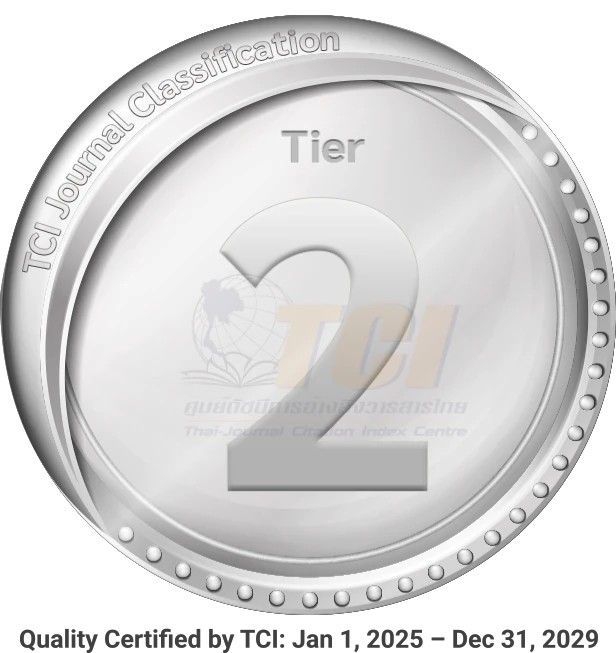Developing Critical Thinking Skills of Grade 11 Students by STEM Education: A Focus on Electrostatic in Physics
Abstract
This action research aimed to develop critical thinking skills of secondary school students by STEM Education in Physics using the topic of electrostatic. The subjects were 47 Grade 11 students in a large-sized secondary school in Pathum Thani, Thailand in Semester 2, Academic Year 2016. Three types of research instruments were (1) experimental tools: five STEM Education lesson plans on electrostatic; (2) reflective tools: student learning behavior observation form, teaching behavior observation form and field record form; and (3) evaluation tools: worksheets. The research was divided into three phases. The first phase focused on construction of STEM Education lesson plans and worksheets to develop critical thinking skills and validation of the constructed lesson plans and
worksheets. The second phase tried the constructed lesson plans and worksheets with the subjects under study. The third phase evaluated the subjects’ critical thinking skills from the reflective data. The qualitative results from reflective data showed that 38 students (81%) performed well, while 9 students (19%) did not. In terms of students’ critical thinking skills development detected by the researchers and the teacher mentor, the averaged increase of critical thinking skills development was 49 percent, and the averaged decrease was 44 percent.



